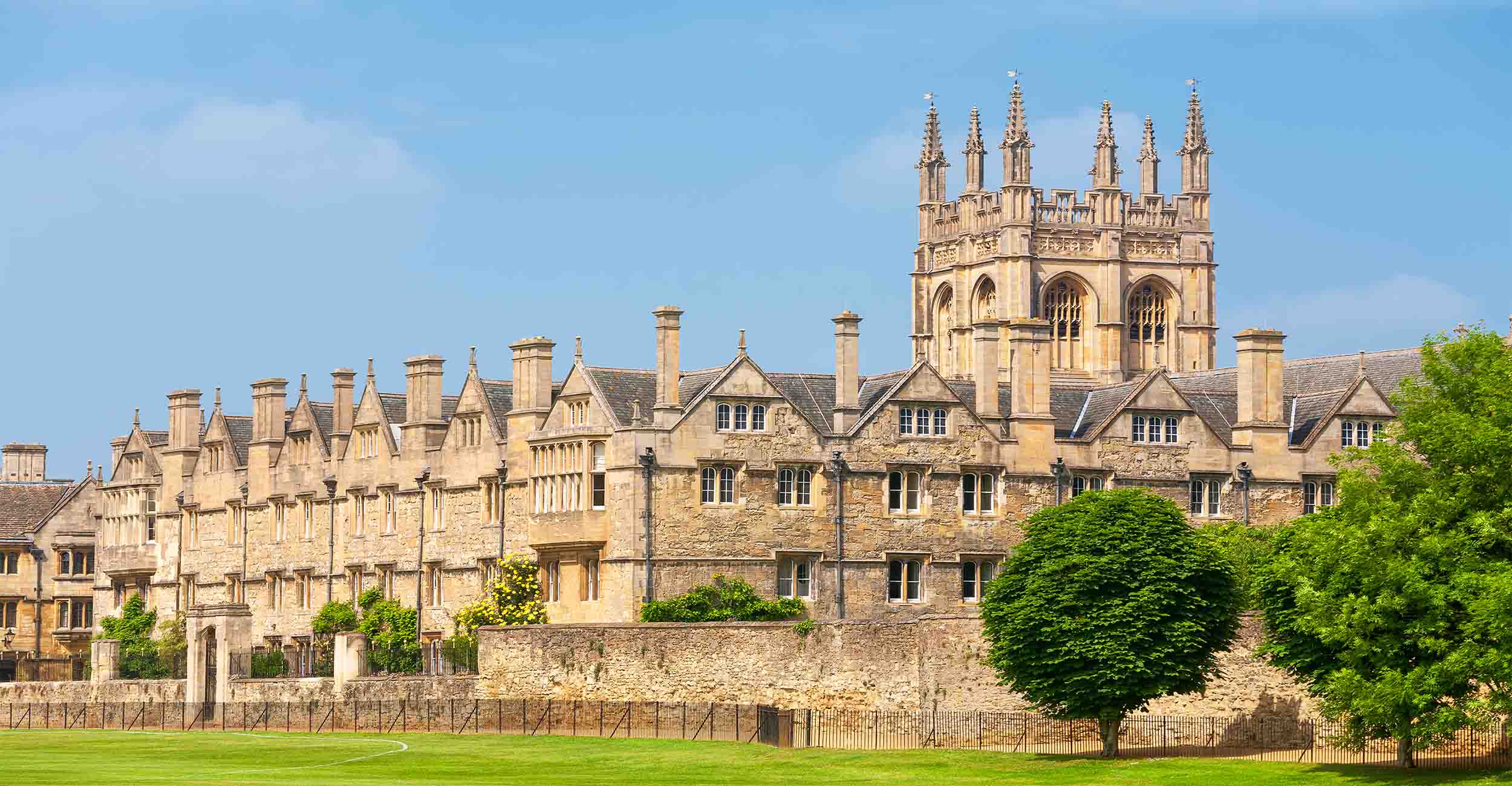Classes start 27 September 2021 - Online or In-Person
The SCL International College University Foundation Programme is a two or three-term course designed for international students who wish to progress onto undergraduate courses in the UK to study medicine, dentistry, pharmacy and other life science fields.
The programme consists of academic modules, study skills, and one-to-one tutorials. Our pre-university medical foundation programme is your gateway to a competitive degree course in medicine through progression agreements with universities across the UK.
Fill in the form for a free consultation to discuss your education background, language skills and university goals.
We offer guaranteed admission to either the University of Buckingham or Brunel University's Medical School in the UK, as well as two international universities, thanks to our partnership with International Foundation Group. Our students have also received offers of admission from dozens of highly ranked universities across the UK.
Students who enrol on this pre-university Foundation Programme typically have good high school grades, especially in Biology and Chemistry. You should be at least 17 years old by the time your course starts and you are expected to have an English language level equivalent of:
Our Foundation Programme is available both online and face-to-face at our Kentish Town Campus for 2 or 3 terms:
We also offer private tutoring, exam preparation courses and extra lessons to give you as much support as possible. Have a question about your academic qualifications, visa requirements or fees? We'd be happy to help you!
Limited Places!

Guaranteed university place upon successful completion of our course.
One-to-one support
Our tutors are highly qualified and have experience teaching international students, so they understand the kind of personal support you may need.
Small class size
At SCL International College, you'll enjoy our smaller classes for individualised learning, with 12 students maximum per class.
Preparation for British academic life
A vital part of our programme involves training you to adapt your skills and knowledge to a British university environment and adjust to living and studying in the UK.
An international environment
Our team of academic professionals comes from all over the world and will help you develop the social and learning skills required for studying at a UK higher education institution.
We will ensure you gain the necessary English language qualifications and study skills to advance to a British university.
The SCL International College Medical Foundation Programme will:
SCL International College's Medical Foundation Programme has been developed with an appreciation of the specific requirements of medical and dental schools. For example, the curriculum uses problem-based learning and real-world case studies – a method of teaching increasingly found in UK medical schools.
As an integral part of our pre-university pathway programme into medicine, international students will gain comprehensive knowledge of a British university environment and of different aspects of living and studying in the UK.
At Stay Campus London, we are committed to ensuring you gain the necessary English language qualifications and study skills to advance to a British university. Your academic tutor will take a personal interest in your progress and help you develop your study plan accordingly.
By the time you complete our programme, you will have the knowledge base and confidence needed to excel both academically and personally whilst studying medicine at a university in the UK.
You will also take a variety of courses specifically designed to prepare you for enrolling on a medical degree programme in the UK. Our Medical Foundation Programme provides an understanding of how the human body works through a study of anatomy, physiology and biochemistry. It also introduces the study of some elements of pathology, microbiology, virology and parasitology, genetics and public health.
Genes, Cells & Development
This module provides a solid foundation for the study of biomedical phenomena and the conditions for cellular life and health. Beginning with the constituents of living things, you'll explore the way that molecules and energy interact to produce compartmentalised structures that regulate and reproduce themselves.
Atoms, Molecules & Reactions
You'll learn the fundamentals of physical chemistry so that you can account for and predict changes of matter, energy, and chemical or biochemical states. The module emphasises problem solving skills and fundamental laws. Chemical principles will be illustrated with examples from life and health sciences, and students will be encouraged to find and discuss further applications.
Measurements in Life Sciences
This module teaches you how biology and health are described and investigated by physical approaches, since living systems have no special laws of their own. You will approach physical concepts through examples drawn from biological scenarios. These studies in physics will be underpinned by workshops where you will become proficient in mathematical operations and thinking that will be required throughout your academic and professional life. Finally, you will learn the basics of computing, and apply them to a simple biological problem or scenario.
Medicine, Disease & Society
This module introduces international students to the social and historical context of health and healthcare, including contemporary problems and dilemmas, and possible future developments. You will consider your own reasons for aspiring to work in healthcare, and will acquire tools for discussing and evaluating claims about health, disease and treatment.
Tissues, Systems & Regulation
This module builds on the work of Genes, Cells & Development to explain system-level phenomena in the life sciences, with a focus on mammals. You will be expected to apply physiological principles and mechanistic insights to explain the response of living systems to perturbations, including disease states.
Periodic & Organic Chemistry
This module includes an emphasis on principles (of atomic structure and of electron movements) that develop your skills in chemical problem solving. You will be encouraged to explore biomedical applications of group chemistry, organic structure, functions, and reaction mechanisms (free radicals, eliminations, additions, substitutions).
Investigations in Biomedicine
This module prepares you to pursue and present your own work at a level appropriate to higher education. By having the opportunity to carry out your own research project, you will get hands-on experience practising the research skills required at an undergraduate level. Together with your supervisor, you will select a topic of interest, generate your own findings, and present the results in formats adapted to different audiences.


Top notch facilities
SCL International College's modern classrooms have the latest hardware and software and our libraries offer a flexible space for you to work alone or in groups. Students also have 24/7 access to WiFi, online resources, study tools and materials.
Private en-suite rooms
Your accommodation is included in the programme fee, so you don't have to worry about finding a place to live! All rooms come with a private bathroom and kitchenette and we adhere to strict Covid-19 safety and cleanliness guidelines.
Great location in London
We're located in the student capital of the world – London! You'll have easy access to the entire city, major airports and railway stations. Stay with us and you’ll even get discounts to local restaurants, cafés and shops! Plus, our in-house events team hosts regular social activities free of charge.
Limited Places!